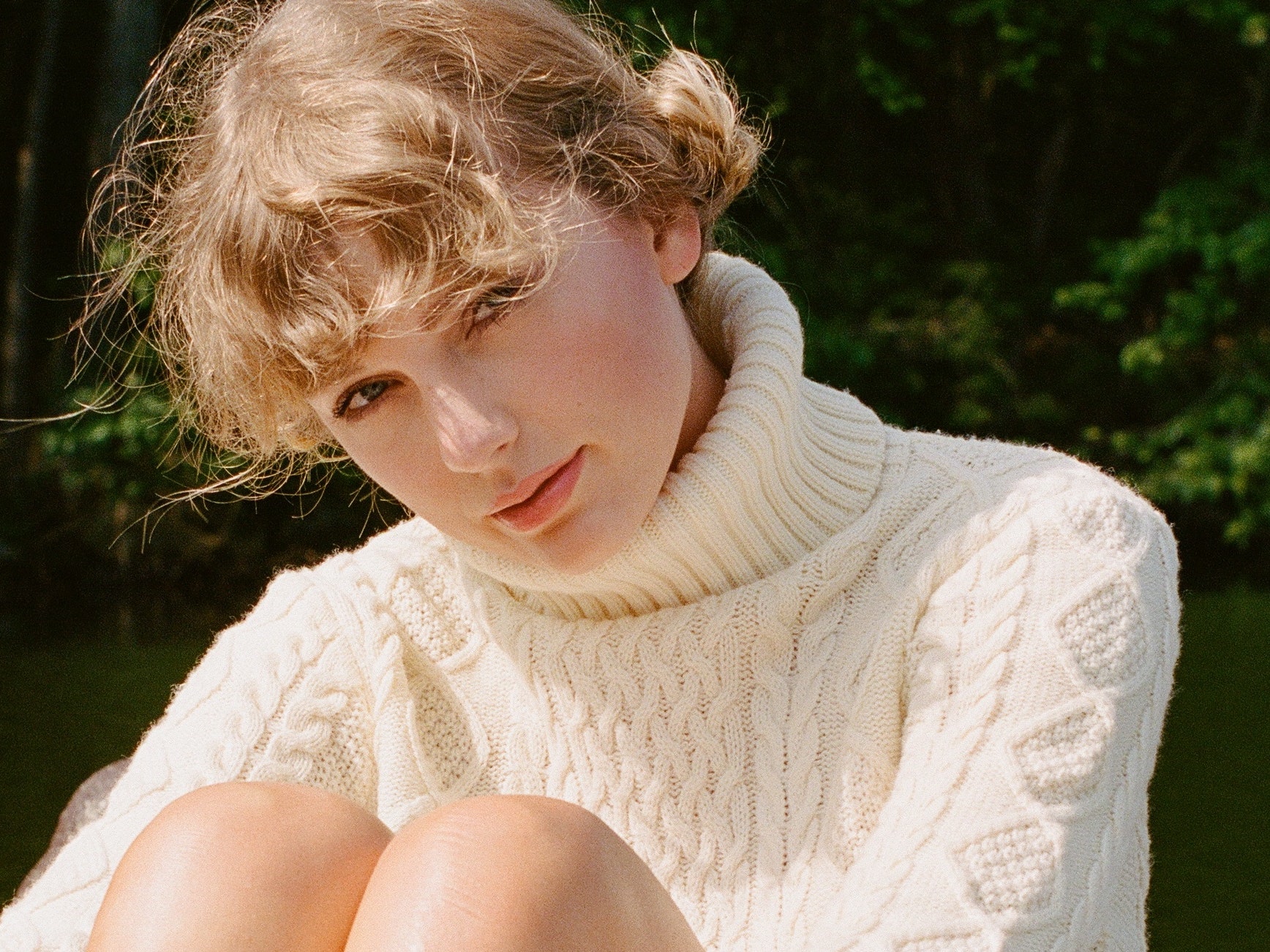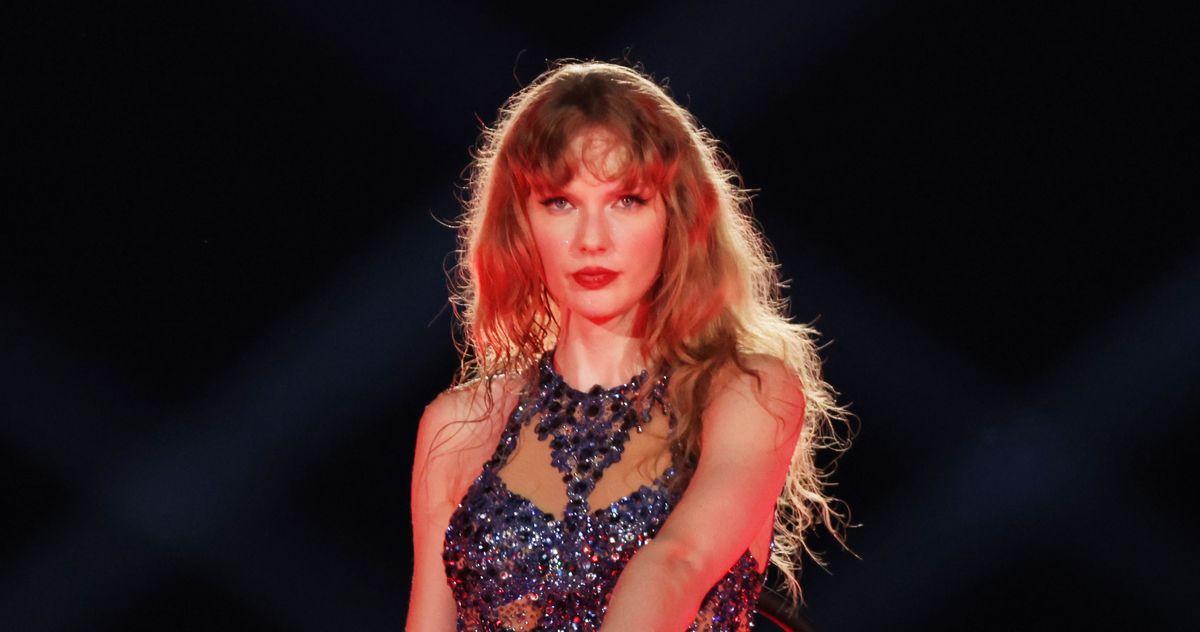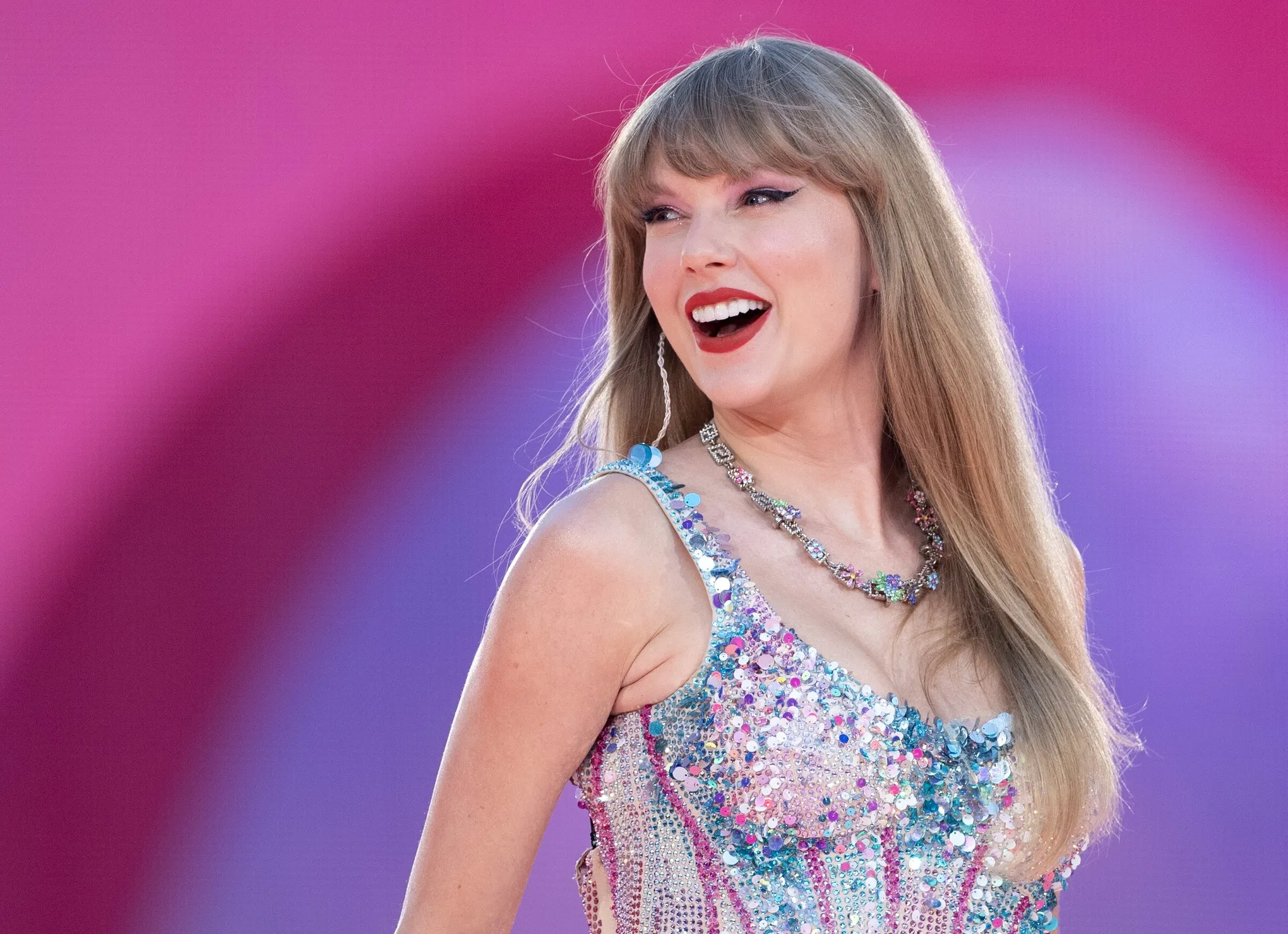 In a stunning announcement that has taken both the music and sports worlds by storm, Taylor Swift has been banned from attending all future NFL games. The decision, reportedly made by NFL officials, cites the pop superstar’s presence as “too much distracting” for players and fans alike. This development has sparked widespread discussion about the influence of celebrity culture on professional sports and the measures leagues take to maintain focus and integrity in their games.
In a stunning announcement that has taken both the music and sports worlds by storm, Taylor Swift has been banned from attending all future NFL games. The decision, reportedly made by NFL officials, cites the pop superstar’s presence as “too much distracting” for players and fans alike. This development has sparked widespread discussion about the influence of celebrity culture on professional sports and the measures leagues take to maintain focus and integrity in their games.Taylor Swift, whose presence at several NFL games this past season has generated significant media attention, is known for her massive following and magnetic personality. Her appearances at games have often been accompanied by a surge of social media activity and increased viewership, drawing in fans who might not typically tune into football. However, it seems the NFL has determined that the distraction posed by Swift’s presence outweighs the benefits.
The statement from the NFL elaborates on the reasons behind the ban: “While we appreciate the enthusiasm and attention Taylor Swift brings to our games, her presence has proven to be too much of a distraction for our players and fans. We believe this decision is in the best interest of maintaining the integrity and focus of our sport.”
Swift’s banishment from NFL games raises questions about the balance between sports and entertainment. The NFL, like many professional sports leagues, often welcomes celebrity attention as it can boost ratings and draw in a broader audience. However, Swift’s impact appears to have crossed a threshold, leading to concerns about how celebrity culture might overshadow the athletic competition.
Reactions to the ban have been mixed. Swift’s fans, known as Swifties, have expressed outrage on social media, arguing that her presence at games added a fun and exciting element to the experience. Many feel that the NFL’s decision is an overreaction and an unfair singling out of a popular figure. On the other hand, some sports purists and analysts support the move, asserting that the focus should remain on the game and the athletes.

The situation highlights the unique challenges that arise when the worlds of music and sports collide. Swift, a global superstar with a magnetic presence, naturally draws significant attention wherever she goes. This can create a double-edged sword for organizations like the NFL, which benefit from the additional exposure but must also manage the potential disruptions.
Moreover, this incident sheds light on broader cultural dynamics within professional sports. The increasing integration of entertainment and sports has created a complex landscape where athletes, celebrities, and fans interact in new and sometimes unpredictable ways. The NFL’s decision to ban Swift may set a precedent for how other leagues handle similar situations in the future.
For Swift, the ban might impact her public appearances and her relationship with sports. Known for her love of various sports and her frequent appearances at high-profile events, she will now have to navigate this new restriction. It remains to be seen how she will respond publicly to the NFL’s decision.
In conclusion, Taylor Swift’s ban from all future NFL games is a significant and controversial decision that underscores the delicate balance between sports and entertainment. While her presence brought undeniable excitement and increased viewership, it also posed a distraction that the NFL felt compelled to address. As the debate continues, this incident will likely influence how the sports industry manages celebrity involvement and strives to maintain the integrity of the game.

